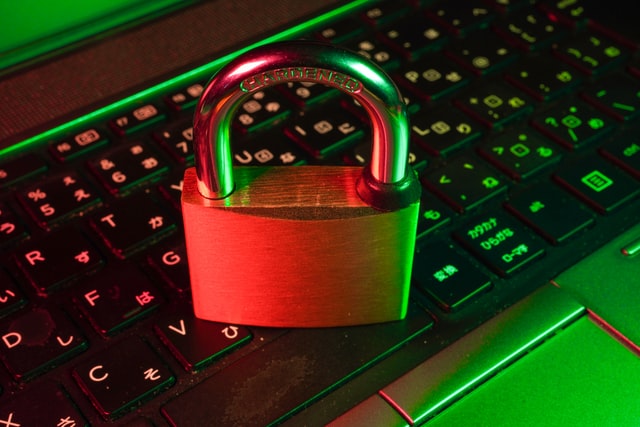Senator Jacky Rosen of Nevada is introducing the Cyber Ready Workforce Act, a bill that looks to tackle the growing cyberattacks against the US. Rosen will introduce it with Senator Marsha Blackburn, and it would direct America’s Labor Department to give grants to raise access to a registered apprenticeship program in cybersecurity. Representatives Brian Fitzpatrick and Susie Lee of Nevada introduced the bill in the US House of Representatives.
Rosen stated that every person knows that many malicious actors wish to hold our data for ransom or steal it, which could contribute to devastating consequences. Lee also shared the same sentiment in a recent statement. Lee stated that there would be a cyber-based workforce in the future and that there must be an investment in making a labor force that could compete globally. Describing cybersecurity as one of the challenges most important to national security, Lee stated that the bipartisan bill would help in creating a labor force that could combat cyber security threats.
The worst-ever year regarding cyberattacks globally was 2021, as per SonicWall. For your information, SonicWall is an organization tracking cyberattacks that involve ransomware. As per the company, there was a 148% rise in ransomware attacks globally in the 2021 third quarter.
In 2020, a hacker even published the records of Clark County School District that included student names, grades and addresses as well as the social security number of CCSD staff.
As for Rosen, the increased ransomware attack count is disconcerting. Rosen stated that it could have devastating consequences, particularly if the offices of our physicians or local hospital systems experience ransomware attacks and could withhold vital medical data.
Rosen also reckoned that supporting certified apprenticeships would aid in increasing the adept cybersecurity workforce.
There are around 3,500 jobs available in cybersecurity in Nevada, in addition to 90-plus registered cybersecurity apprenticeship programs. As for Rosen, the law would make it possible to have those employment positions filled. According to Rosen, investing in the apprenticeship programs would have an effect on allowing any person who wishes to get trained again into a cybersecurity job. As per Rosen, if kids who are just passing out of high school wish to enter the cybersecurity field, the investment is a great point of entry to that.
The Learning Center President Garvin Bushell supports the legislative proposal. For your information, The Learning Center is a training school in Nevada that teaches internet technology and provides a certified apprenticeship in cybersecurity. Bushell stated that there is much need for the proposal and that all companies need it now.
Companies feel that they may be secure, said Bushell, but thousands of them get breached daily in a way that others do not know about. Bushell stated that we could be either proactive or tending to be responsive.
Bushell’s institute teaches important internet technology as well as aids students in securing internships. At the start of their classes, some students do not even know the position of the Enter key, but at the end they could get into advanced security jobs. The Learning Center plans on adding free meals and dormitories to its programs for students.
The Chief Membership Officer of ISACA, Julia Kanouse, described the legislation as a vital step in encouraging the progress of the US cybersecurity workforce. As for Kanouse, the skills of cybersecurity professionals require constant improvements to keep up with the cyber threat environment, besides big investments from their adversaries. If the Biden administration expands apprenticeship opportunities to existing and new cyber professionals, said Kanouse, it would aid in countering the investments.
Lee found it important as the US can ill afford to be behind with regard to cybersecurity. For that reason, Lee takes pride in introducing the bill with her colleagues from the two parties in the US.
Rosen stated that the legislation would be considered in the coming weeks. Rosen found it a good bipartisan proposal. She stated that many cybersecurity bills go through because hackers and other cyber attackers do not care whether one is a Republican or a Democrat and where they live in the US.
Rosen cosponsored the so-called K-12 Cybersecurity Act, which President Biden signed into law last October. It offers more resources for schools to aid them in protecting themselves against cyber security threats.
